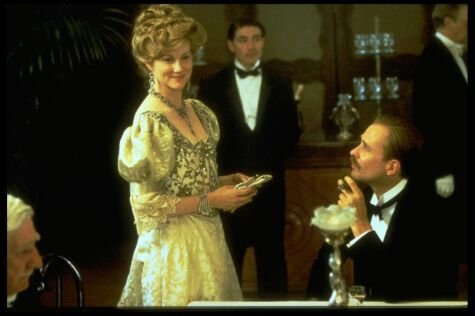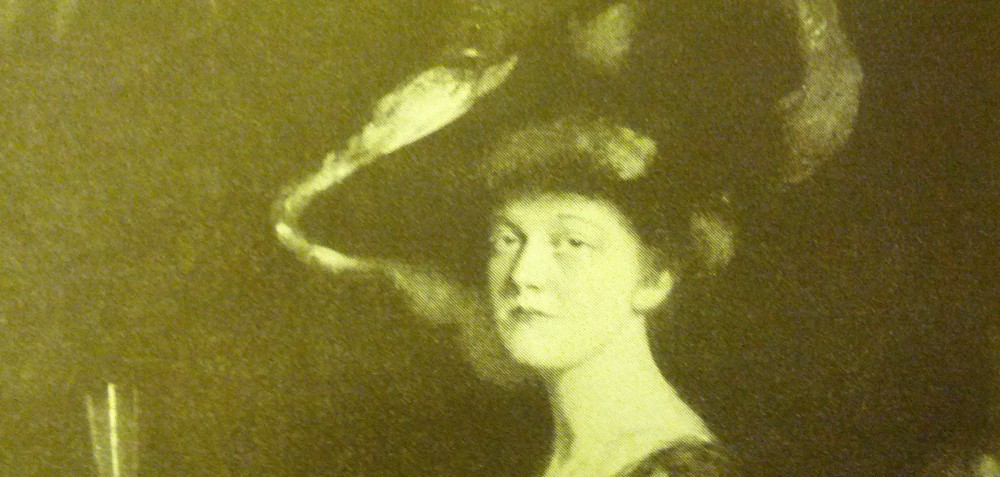I’ve been “tagged” in the Next Big Thing Blog Hop (this meme-type thing that’s been making the rounds) by writer/editor Jill Talbot (who was tagged by Barrelhouse editor Tom McAllister, who was tagged by writer Katherine Hill, etc.).
I have never met Jill Talbot IRL, but we like to talk about the hazy line between fiction and nonfiction. She edited the anthology Metawritings and was kind enough to include me.
(I think she’d like that I describe my WIP as “nonfictional fiction.”)
Here are her excellent answers to the 10 Blog Hop questions.
And here are mine.
What is your working title of your book (or story)?
Mrs. Cole Porter
Where did the idea come from for the book?
Cole Porter and I share the same hometown, Peru, Indiana.
What genre does your book fall under?
I like to think of it as nonfictional fiction. A biographical novel.
Which actors would you choose to play your characters in a movie rendition?
Well, Cole and Linda have already been played by Cary Grant and Alexis Smith (Night and Day, 1946) as well as Kevin Kline and Ashley Judd (De-Lovely, 2004).
Whoever plays Linda in an adaptation of my book would have to be able to play her both old and young. I’m going to go with Laura Linney, who’s already played a similar character in The House of Mirth.

What is the one-sentence synopsis of your book?
“During the Gilded Age, poor, beautiful, and naïve Linda Lee marries the playboy son of a robber baron, a high-profile match she survives by learning important skills which she brings to her second marriage—to a talented but unknown gay composer from Indiana named Cole Porter.”
Will your book be self-published or represented by an agency?
If by this question you mean, do I have an agent? then yes, I have an agent, the amazing Sarah Burnes at the Gernert Company.
How long did it take you to write the first draft of your manuscript?
Still working on the first draft.
What other books would you compare this story to within your genre?
It’s got an outer and inner frame, and there’s a bit of archival detective work going on, a bit like A.S. Byatt’s Possession.
Maybe it’s also a bit like Laura Moriarty’s The Chaperone, which I read this summer and loved to death.
This isn’t a novel, but it definitely inspired me: Coco Before Chanel. A possible backup title to my book might be Linda Before Cole. Or Cole Because of Linda Before Cole.
Who or what inspired you to write this book?
There’s a little-discussed anecdote in every Cole Porter biography: he blew up his wife’s mansion in the Berkshires when she passed away. Not only that, he moved his bachelor’s cottage onto the foundation and expanded it to the mansion that’s there today.
His biographers all say Cole did this out of grief. I have other ideas.
What else about your book might pique the reader’s interest?”
In the course of doing research for the novel, I discovered that 86 volumes of her personal scrapbooks were held at Harvard. I’ve made two research trips to the Houghton Library to study them.
And now I’m tagging four more writers. I wanted to keep it local; these are all writers who live within an hour of my house in Muncie, Indiana. You can read about the books they’re working on next week!




